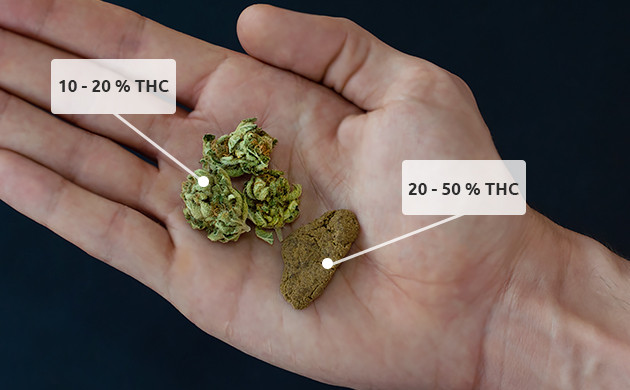
Neuroplasticity and Cannabis: How THC May Rewire Learning Pathways
The human brain is not a static organ. It has the remarkable ability to adapt, reorganize, and form new connections
FREE SHIPPING ON ORDERS OVER $99 | 10 points = $1

In the growing world of natural nootropics and functional wellness, Lion’s Mane mushroom has earned a reputation as a powerful brain booster — and for good reason. From ancient herbal traditions to modern neuroscience, this shaggy-looking mushroom is gaining attention for its potential to support memory, focus, and even nerve regeneration.
But what exactly is Lion’s Mane, and why is it so highly regarded for brain health? Let’s explore.
Lion’s Mane (Hericium erinaceus) is a white, fluffy, edible mushroom that resembles a lion’s mane as it grows — hence the name. Native to North America, Europe, and Asia, it’s been used for centuries in Traditional Chinese Medicine (TCM) and Japanese healing systems for digestive health, immunity, and brain function.
Today, it’s commonly available in:
Lion’s Mane stands out from other mushrooms due to its unique bioactive compounds:
These are rare nerve-supporting compounds found in Lion’s Mane. Research suggests they can stimulate the synthesis of Nerve Growth Factor (NGF) — a protein critical for the growth, maintenance, and repair of nerve cells, including those in the brain.
Lion’s Mane is rich in antioxidants, which protect brain cells from oxidative stress and inflammation — two key contributors to cognitive decline.
A 2009 Japanese study found that older adults with mild cognitive impairment who took Lion’s Mane extract for 16 weeks showed significant improvement in cognitive function compared to a placebo group. The improvements declined once they stopped taking the supplement, suggesting ongoing use is key.
Animal and lab studies show Lion’s Mane can stimulate neurite outgrowth — the process by which neurons grow and connect. This has promising implications for neurodegenerative diseases like Alzheimer’s or Parkinson’s, although more human trials are needed.
Some research suggests Lion’s Mane may help reduce symptoms of anxiety and depression by improving hippocampal function (the brain’s memory center) and supporting the nervous system.
Lion’s Mane is popular among:
It’s often taken in the morning or early afternoon to support mental performance throughout the day.
Lion’s Mane is most effective when used consistently over time. It typically comes in:
When choosing a product, look for:
Lion’s Mane is generally well-tolerated and considered safe for most people. Side effects are rare but may include:
As always, consult with a healthcare provider before starting any supplement, especially if you are pregnant, breastfeeding, or managing a medical condition.
Lion’s Mane mushroom is more than just a trendy wellness ingredient — it’s a time-tested natural tool with promising scientific support for cognitive enhancement and nerve health. Whether you’re looking to stay sharp, improve focus, or support long-term brain function, Lion’s Mane offers a gentle, non-stimulant way to elevate your mental performance.
In a world where cognitive load and stress are daily realities, incorporating Lion’s Mane into your routine might just be the brain-friendly boost you’ve been looking for

The human brain is not a static organ. It has the remarkable ability to adapt, reorganize, and form new connections

In our fast-paced world, many people accumulate what’s known as sleep debt—a deficit that builds when you consistently sleep fewer